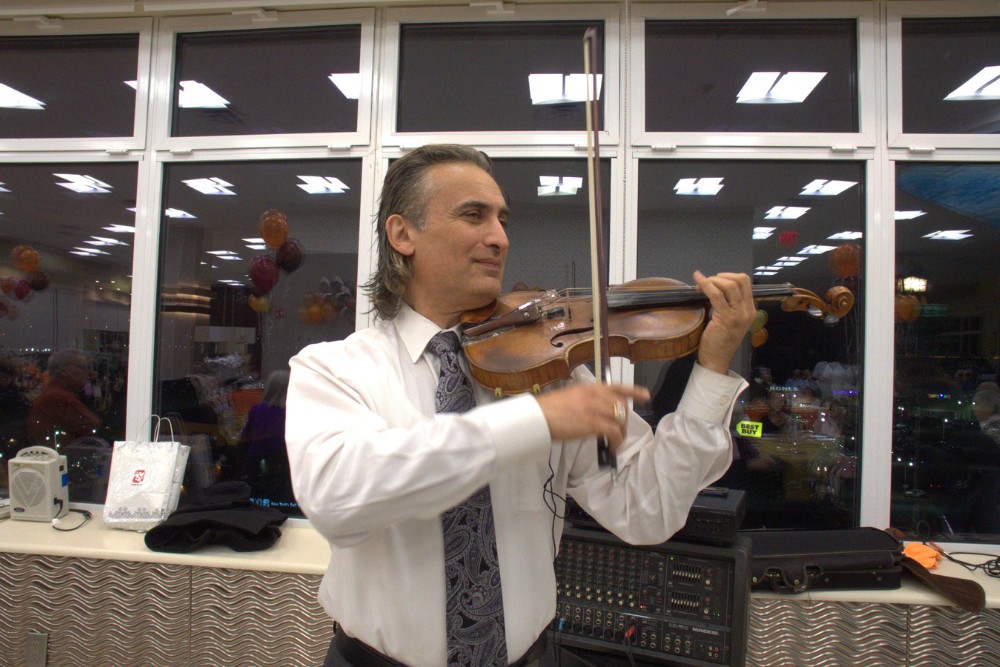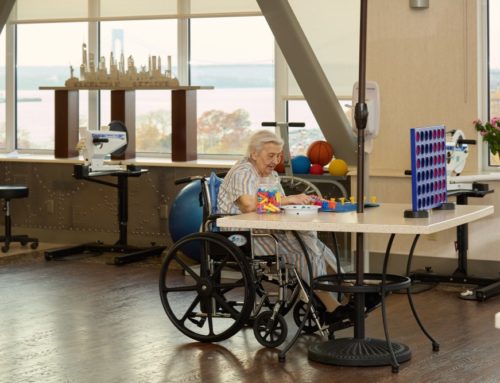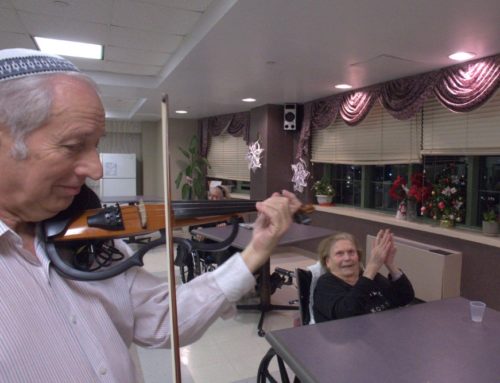Everyone experiences short bouts of unhappiness throughout their lives, but these are usually short-lived. For seniors, these feelings may last longer than expected, causing mental, physical, and emotional issues. So, it’s crucial for the elderly to take steps to maintain happiness as they age. Otherwise, their symptoms of anxiety, depression, and loneliness will get worse, causing other mental issues.
Well, learning the cause of your worries is vital. Health issues, including widespread neurological conditions, can cause pain, and stress. Losing loved ones, financial concerns, and social isolation also decrease contentment. Luckily, a few simple changes to your thought processes and lifestyle can boost your mood. Let’s see what activities can help the elderly to stay happy.

How to Maintain Happiness in Old Age Despite the Challenges
A recent study shows seniors are happier than other age groups. They tend to focus on the present, unlike younger adults, who worry about the future. But medical issues, sleep problems, stress, isolation, and mobility limitations can alter your mood. Learning to face these challenges and maintaining a positive attitude ensures your golden years stay bright.
Maintaining happiness in old age can be daunting, but a few simple changes are often the answer. Positive thinking, socialization, and staying busy may be all you need to keep smiling.
Positive self-talk
One factor preventing you from maintaining happiness as you age is how you think, talk, and feel about yourself. Optimists look on the bright side, even during negative interactions or unexpected events. They replace those negative thoughts about themselves with positive ones.
Of course, doing so isn’t always easy, especially when dealing with health concerns or other issues. When isolated, you may feel unlovable, with no one to confide in. You may also blame yourself when bad things happen or blame others to avoid taking responsibility. Expecting the worst or turning minor problems into huge issues are also forms of negative self-talk.
Flipping the switch to a happier outlook isn’t easy, but with practice, you’ll regain your self-esteem. Consider the areas causing the most negativity and try to come up with positive interpretations. Make changes to your lifestyle, including better sleep habits, a healthy diet, and regular exercise. Support from positive people, laughing more often, and evaluating your thoughts are other ways to lead a cheerful life.
Stay social
A healthy support system as you age is another requirement to maintain happiness. Several studies show that those who have strong relationships with spouses, family, and friends live long, joyful lives. A healthy social life doesn’t only improve emotional health but increases physical and mental health as well.
Seniors have several options when it comes to social activities. Volunteering or working part-time in your community allows you to connect with others while giving something back. Taking classes, traveling to new destinations, or joining group activities or events are also fun options.
Hobbies
Hobbies allow you to maintain happiness as you age while keeping your mind sharp, even when alone. These activities also offer relaxation, a sense of accomplishment, and a boost to your self-esteem.
Several options are available, depending on your capabilities, interests, and mobility. For those seeking an active lifestyle, hiking, biking, swimming, or yoga classes are fun. Learning to cook, playing games, reading, dancing, painting, birdwatching, and playing an instrument are also fantastic choices to maintain happiness as you age.
Hobbies provide the elderly with a sense of purpose, stimulate the mind, and offer opportunities for creativity and learning, which can keep their spirits high. It is even better, when a physical activity is a hobby. Older adults who hike regularly report higher levels of mental well-being, reduced symptoms of depression, and improved cognitive function. Statistics show that hobbies such as hiking and regular outdoor activity provide significant health and mental benefits for older adults.
Resources:
- UCI, March 27, 2023, Better with age
https://socialecology.uci.edu/news/better-age - NIH, Depression and Older Adults
https://www.nia.nih.gov/health/mental-and-emotional-health/depression-and-older-adults - Mayo Clinic, Positive thinking: Stop negative self-talk to reduce stress
https://www.mayoclinic.org/healthy-lifestyle/stress-management/in-depth/positive-thinking/art-20043950 - The Harvard Gazette, Good genes are nice, but joy is better
https://news.harvard.edu/gazette/story/2017/04/over-nearly-80-years-harvard-study-has-been-showing-how-to-live-a-healthy-and-happy-life/ - Life Enriching Communities, How to Find and Continue Companionship as You Age
https://lec.org/blog/life-enriching-communities/how-to-find-and-continue-companionship-as-you-age/ - NIH, Participating in Activities You Enjoy As You Age
https://www.nia.nih.gov/health/healthy-aging/participating-activities-you-enjoy-you-age
This content comprises informative and educational resources only and can not be considered as a substitute for professional health or medical guidance. Reliance on any information provided in this article is solely at your own risk. If you have any inquiries or apprehensions about your medical condition or health goals, talk with a licensed physician or healthcare provider.






Leave A Comment